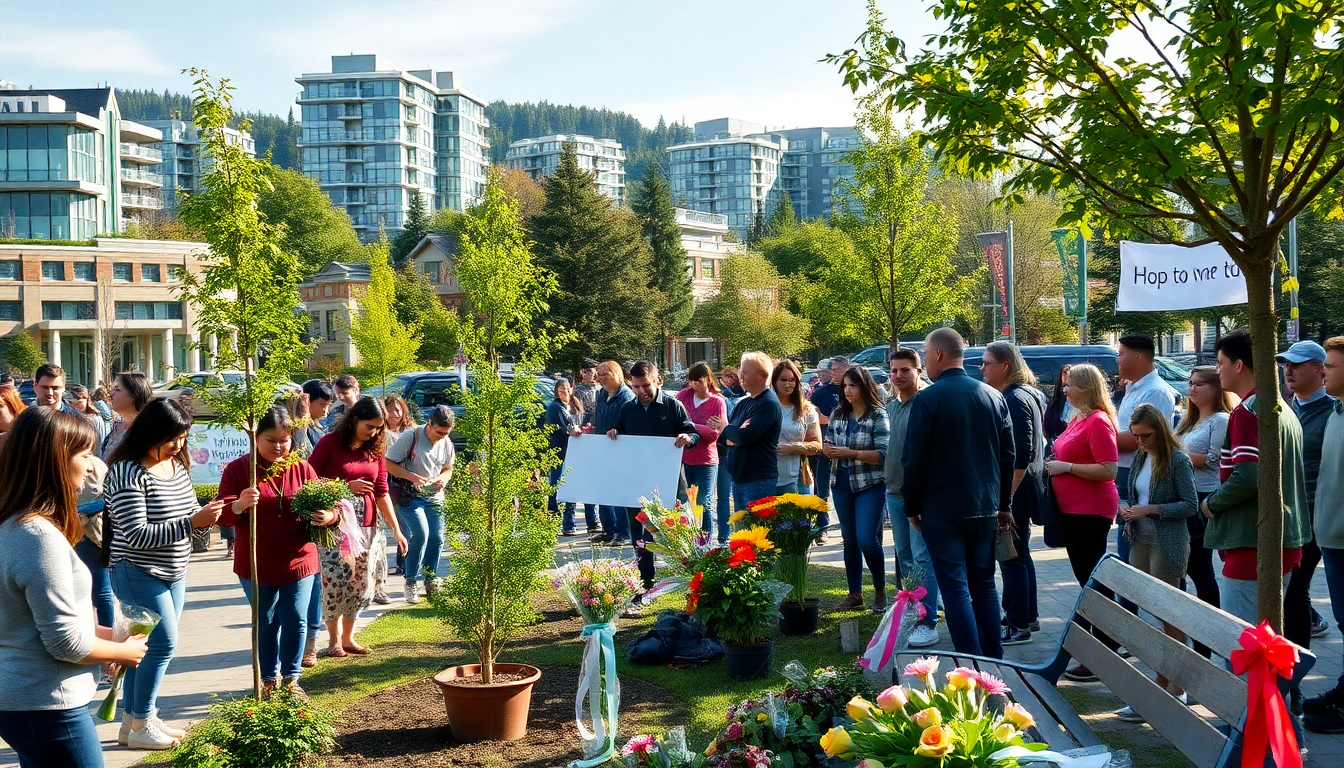Table of Contents
After a recent incident involving an explosive device detonating at a political office in North Vancouver, the resilience of the community has come into sharp focus. Such shocking events can often serve as a catalyst for unity and strength among residents, don’t you think? British Columbia’s infrastructure minister, Bowinn Ma, has emphasized her unwavering commitment to her constituents, showcasing just how vital community support is during tough times. In this article, we’ll explore the implications of such incidents on community dynamics, delve into the responses from local leaders, and highlight the importance of maintaining a robust support system for residents.
Community Response to Crisis
How a community reacts to crises often defines its character. In this recent incident, the explosive device detonated outside Bowinn Ma’s constituency office, causing damage but thankfully no injuries. The immediate response from the community was one of concern and solidarity. Many residents expressed their shock and fear, but there was also a powerful wave of support for their elected officials. Ma’s determination to continue serving her community, even in the face of threats, resonates deeply with her constituents. Her presence during Canada Day celebrations is a testament to her commitment to being accessible and engaged.
The police investigation into the incident is equally crucial. Authorities haven’t ruled out political motivations, which can heighten tensions in the community. Understanding the context and potential threats can help residents navigate their feelings of safety and security. The ongoing investigation by the North Vancouver RCMP is a vital component in restoring confidence among the populace as they work diligently to uncover the facts surrounding the incident.
The Importance of Leadership in Times of Crisis
Leadership during crises is absolutely paramount. Figures like Premier David Eby and Opposition Leader John Rustad have publicly acknowledged the troubling nature of the incident, emphasizing the need for unity and resilience. Their statements reflect a collective understanding that such events can have broader implications for community trust and safety. Leaders play a pivotal role not only in addressing the immediate aftermath of crises but also in fostering a sense of hope and direction for the future.
Moreover, how leaders communicate with the public can significantly impact community morale. By maintaining transparency and providing regular updates, they can help reduce anxiety and fear among residents. In this case, the reassurance from law enforcement and political figures that they are taking the situation seriously can help alleviate some of the community’s concerns. Isn’t it reassuring to know that our leaders are actively working to ensure safety?
Building a Strong Community Network
In the aftermath of a crisis, the strength of community networks becomes even more apparent. The ability of residents to come together, support one another, and engage in constructive dialogue is vital for recovery. Community organizations, local businesses, and residents alike must collaborate to foster a supportive environment. Initiatives that encourage open communication and community events can help rebuild trust and solidarity among residents.
Furthermore, it’s essential for community leaders to advocate for increased resources for safety and well-being. This might include enhancing local law enforcement’s capabilities, providing mental health support for those affected by trauma, and encouraging community engagement through various programs. A proactive approach to community resilience not only addresses immediate concerns but also lays the groundwork for a stronger and more cohesive community in the long run. So, how can each of us contribute to this collective strength? It starts with being engaged and supportive of one another.


